Learn about the unique properties of sunflower honey, its health benefits, rich history, and how to identify pure,...
Natural Antioxidants in Honey: Do We Really Need Expensive Supplements?
In today's world, where everyone is seeking wellness, the word "antioxidant" is heard almost everywhere. But what exactly are these compounds, and why are they important? Is it better to get them from supplements, or are natural sources like honey sufficient? This article answers all your questions.
Antioxidants and Free Radicals: A Battle Within Your Body
To understand antioxidants, we first need to get acquainted with their enemy: **free radicals**. Free radicals are unstable molecules that are formed as a result of natural bodily processes (like metabolism) or environmental factors (like air pollution, cigarette smoke, and UV radiation). These molecules can damage healthy cells, DNA, and proteins. This cellular damage, known as **oxidative stress**, is linked to premature aging and chronic diseases such as heart disease, diabetes, and cancer.
This is where antioxidants come into play. They are like dedicated soldiers that neutralize free radicals and protect the body's cells from damage.
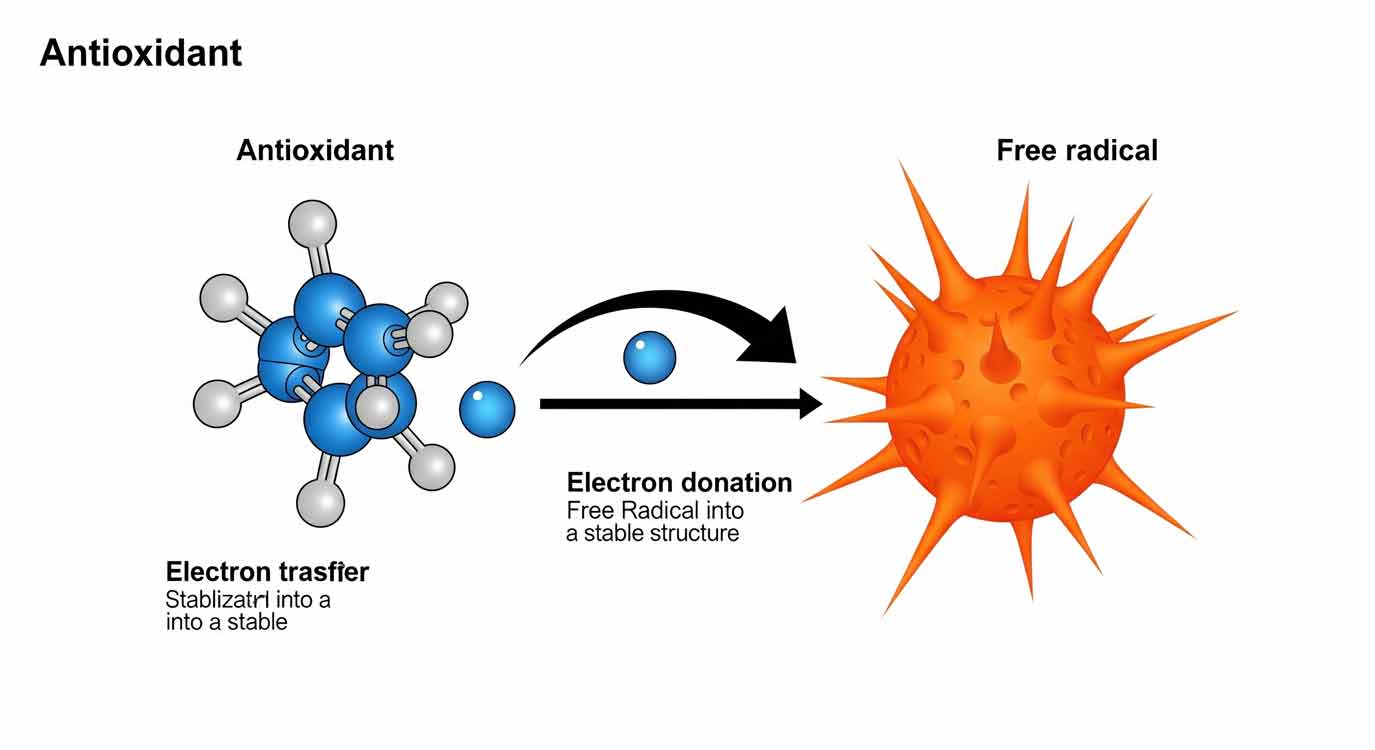
Antioxidant Supplements vs. Food Sources: Which One Wins?
Given the vital role of antioxidants, many people turn to supplements. But is this the right approach? Modern scientific research presents a more complex picture:
- The Danger of High Doses: Contrary to popular belief, consuming high doses of antioxidants in supplement form may not only be unhelpful but can also be harmful. Some studies have shown that high doses of supplements like beta-carotene increase the risk of certain cancers in smokers (Source: NCI).
- Natural Synergy: Whole foods like fruits, vegetables, and honey contain a complex mixture of various antioxidants, vitamins, and fibers that work in **synergy**. This interaction makes their effect much more powerful than an isolated compound in a pill.
Scientists' Conclusion: The best and safest way to get antioxidants is to consume a varied and rich diet of natural sources, not to rely on supplements.
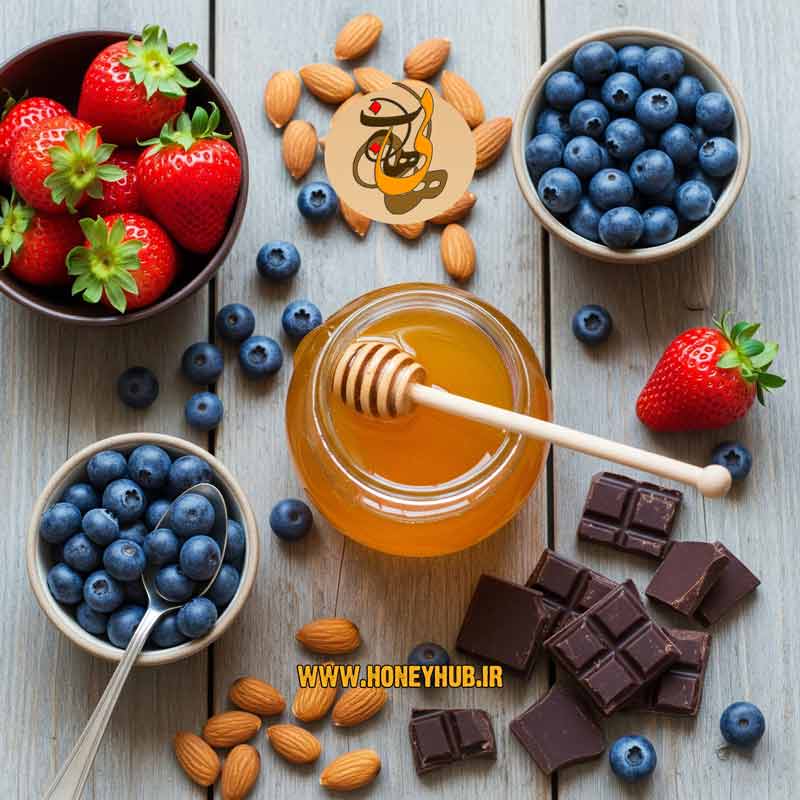
Antioxidants accompany you in a vibrant life with a great sense of well-being.
Honey: A Natural Treasure of Antioxidants 🍯
Honey is not just a natural sweetener; it is a rich source of bioactive compounds. The antioxidant activity of honey is mainly due to the presence of the following compounds:
- Flavonoids and Polyphenols: These are the most potent antioxidants in honey and are directly related to the darker color of the honey.
- Phenolic Acids: Compounds like gallic acid and caffeic acid, which also have anti-inflammatory properties.
- Enzymes: Enzymes such as catalase and glucose oxidase, which are added to the honey by bees.
- Vitamins and Minerals: Small amounts of Vitamin C, iron, and zinc also contribute to its antioxidant capacity.
Are All Honeys the Same? A Comparison of Honey Types
No. The antioxidant content in honey strongly depends on its **botanical source (flower nectar)**. There is a general rule: **darker honeys have more antioxidants.**
| Honey Type | Color | Antioxidant Capacity (ORAC) |
|---|---|---|
| Buckwheat Honey | Very Dark | Very High |
| Manuka Honey | Dark Amber | High |
| Thyme Honey | Amber | Medium to High |
| Clover Honey | Light | Medium |
| Acacia Honey | Very Light | Low |
Note: Processing and heating (pasteurization) can reduce the antioxidant content of honey. Therefore, raw and unheated honey is a better choice.
Taste the Flavor of Health!
Are you ready to benefit from the power of natural antioxidants? There's no more need for chemical supplements. At honeyhub, we have gathered a collection of the best and purest raw and natural honeys for you.
Shop now and give your body a gift from nature!



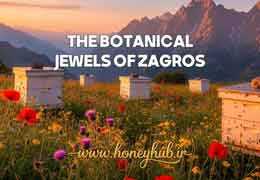
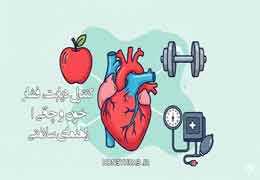

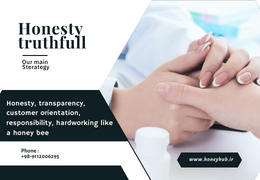
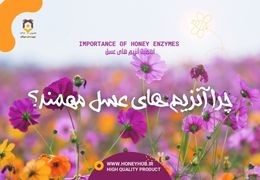
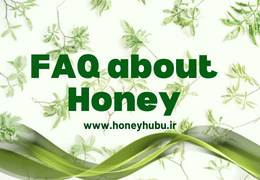

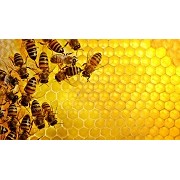


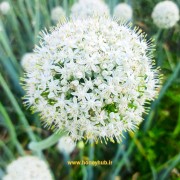
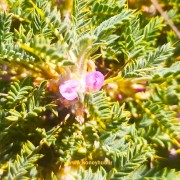



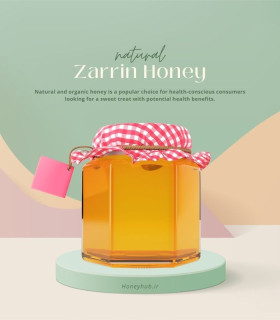
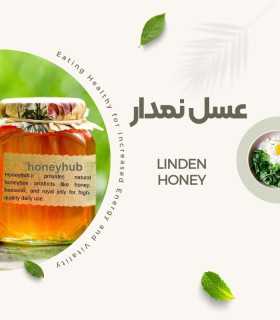


Latest comments